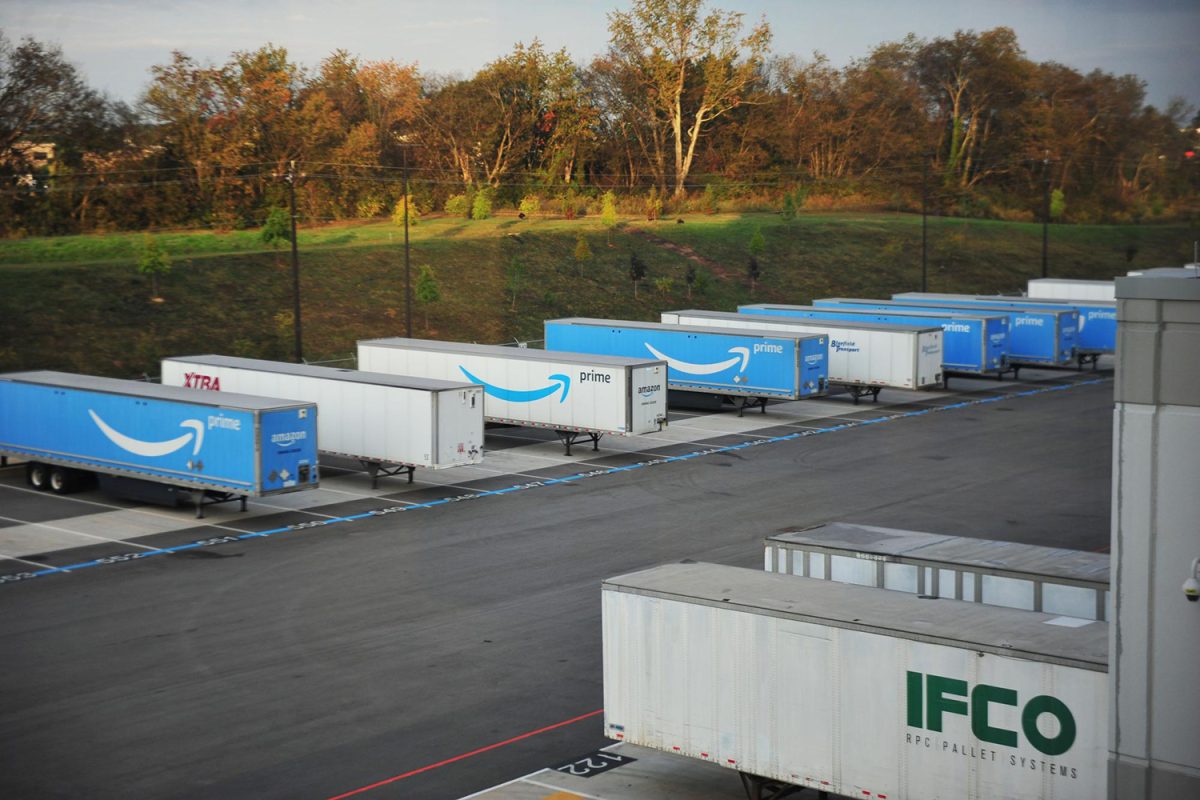Within the last year, the biggest tech companies have hit their largest market cap yet thanks to the introduction of artificial intelligence into their software.
Now, just a handful of tech companies have reached colossal size, dominating the market and any contention that comes with it. These companies have grown so big they’ve been dubbed “Big Tech.”
There is one tried and true way to counter the impact Big Tech has on the economy: split up these companies into several smaller ones.
Restructuring would help restore market competition and promote innovation from competing companies.
It would also protect our data as consumers.
In 1974, a federal court ruled the American Telephone and Telecommunication Company, more commonly known as AT&T, violated antitrust laws, and the company was forced to break up. What emerged from that restructuring was the “Baby Bell” — seven smaller companies that restored competition and promoted anti-monopolization in the market.
So, why should Big Tech be broken up into “Baby Tech?”
As of 2020, Amazon makes up 40 percent of e-commerce, Facebook has close to 2.4 billion users, and Google is used for 92 percent of internet searches.
These companies also operate in multiple sectors outside their main interstates. They are shifting away from their initial focus on specific technological services and seeking to lead multiple markets in smaller businesses. They do this with the funding and resources of their parent companies.
Both Google and Facebook create hardware like the Google Pixel Phone and Meta Quest Virtual Headset. Amazon has its own streaming service, Twitch, and owns Whole Foods, a popular grocery store.
What each of these companies has in common is their collection of data. Google tracks what you search, Amazon what you buy, and Facebook who you interact with. You’re mistaken if you think it ends there.
So much of our privacy is controlled by a handful of companies. When so much data is held by a small tech oligarchy, it can be used however that group wishes, which confuses users with lengthy terms of service. Big Tech has also bought out Congress with aggressive lobbying tactics.
While restructuring these companies wouldn’t erase our data, it would divide the data among several smaller companies, making it harder to track.
When a few companies dominate the market, it becomes difficult for new companies to compete. This contradicts the goal of the free market, which is to encourage competition and award success to all innovation, not allowing monopolization by a few companies.
For the past few years, the amount of startups, in addition to investors, has been decreasing. To investors, new companies have a low chance of success against Big Tech.
A new tech company might try to start a new live-streaming service, but it probably wouldn’t be a competitor against an e-commerce company like Amazon. With Amazon owning Twitch, this new company would have to immediately compete with the immense capital and resources Amazon has.
While it might sound un-American to break up companies, it’s been done before. Breaking up AT&T in the 1970s allowed for more competition in the telecommunication sector and helped prevent a monopoly.
Today, companies like Amazon, Google, and Meta have grown into behemoths that hurt competition, constrain startups, and hog data. Distributing their influence among smaller companies will give small start-ups the chance to produce revolutionary innovations.



